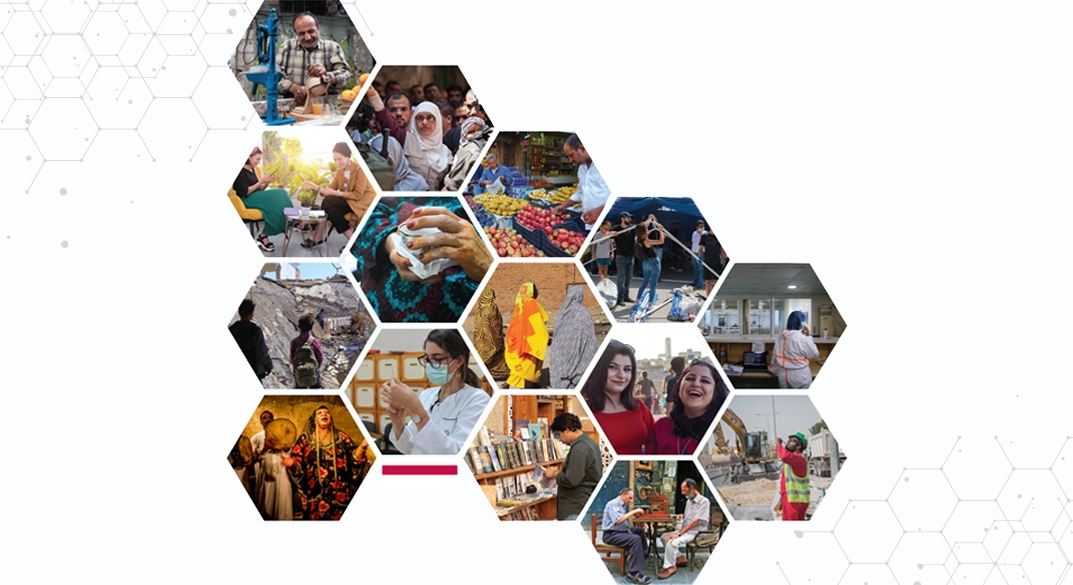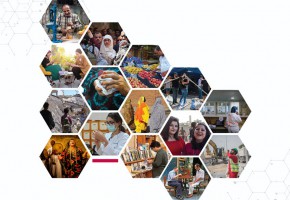
Neoliberal globalization and human rights: A right to health model - Mohamed Said Saadi

This research is a part of the Arab Watch Report 2023 on the right to Health.
Neoliberal globalization and human rights: A right to health model - Mohamed Said Saadi
Please click here to download the full report.
Introduction
The past four decades of human history have witnessed the expansion of neoliberal globalization across a large portion of the globe. In its economic dimension, this expanse was based on the postulate that focusing on macroeconomic stability (particularly by controlling inflation and reducing government budget deficit), liberalizing the economy by activating market mechanisms, privatizing public enterprises (or institutions) and facilities, removing obstacles hindering the free flow of goods, services, and capitals, would put an end to rentier activities, promote competition, improve available opportunities for exportation, and help narrow the gap between individual income in poor states and those in wealthy states. These promises never crystallized into tangible reality. They became illusions (السعدي/Al-Saadi 2022), particularly in terms of improving the growth rate and reducing differences between (and within) countries. It gets worse when it comes to the implementation of internationally-recognized economic, social, and cultural rights, most notably the right to health for everyone.
This report attempts to highlight the correlation between neoliberal globalization and human rights with a focus on the right to health. We relied on available academic research and studies as well as outputs and statistics published by international, regional, and national organizations. The report explicates the negative effect of neoliberal globalization on economic rights, particularly the right to health, and sheds light on the mechanisms producing these negative outcomes.
The first section of the study will present the concept of neoliberal globalization and the role of international financial institutions (the International Monetary Fund (IMF) and the World Bank specifically) in its world expansion, especially in the global south, also known as the developing countries. These institutions use conditionality to impose structural adjustment programs (SAPs; also called “economic reform”) based on the economic liberalization, privatization, and austerity trifecta. We demonstrate the negative effect of these programs by focusing on the right to health.
The second and third sections will focus on the Arab region as a case study. In the second section, we address the effects of austerity policies on the implementation of the right to health for all citizens, while the third and final section showcases how privatization of the health sector and business agreements negatively affect the right to health.
Mohamed Said Saadi
Please click here to download the full report.
This research is a part of the Arab Watch Report 2023 on the right to Health.
Recent publications

ANND Newsletter January 2026 - From Davos to the UPR: Between Promises, and Accountability
Related publications


